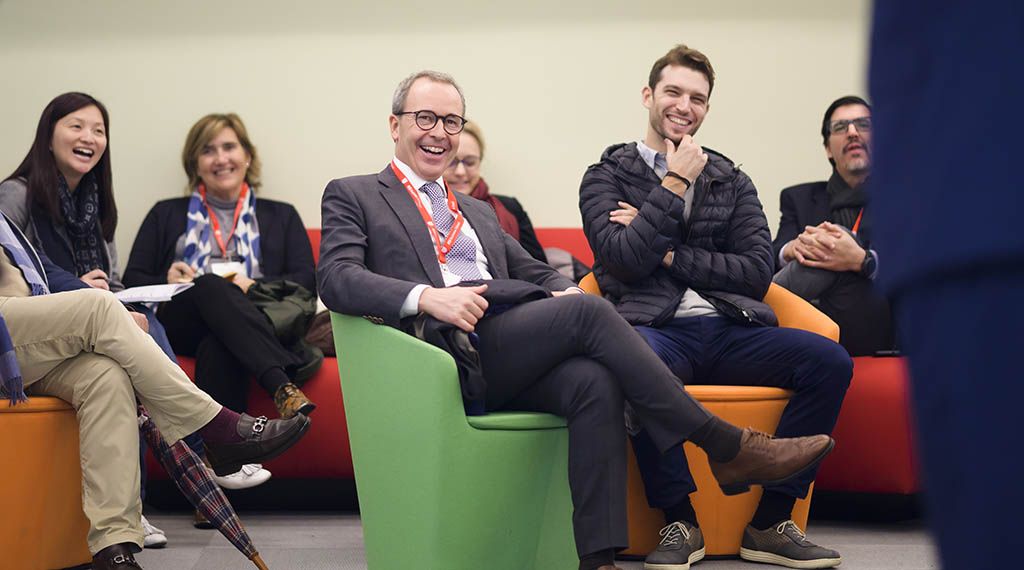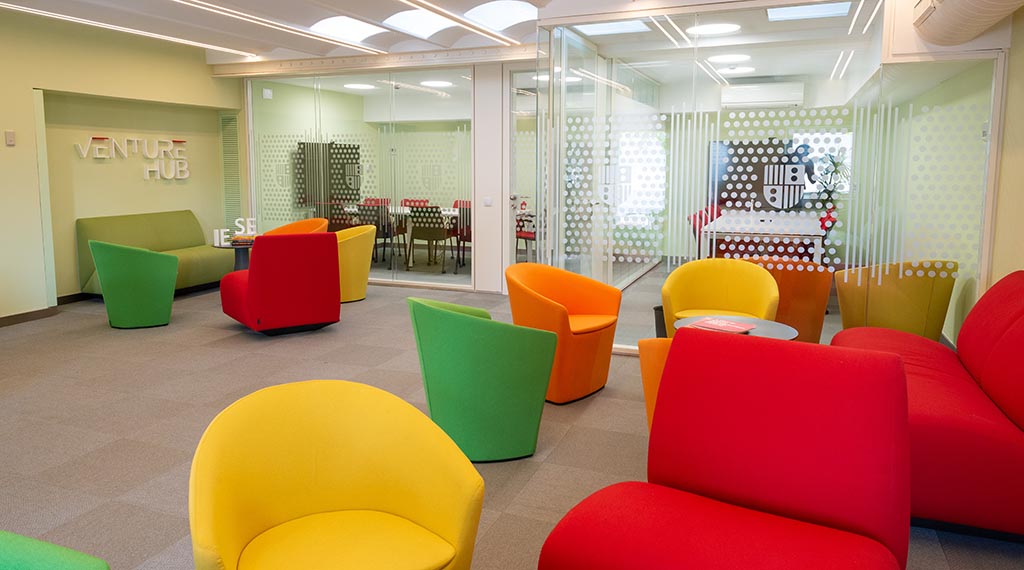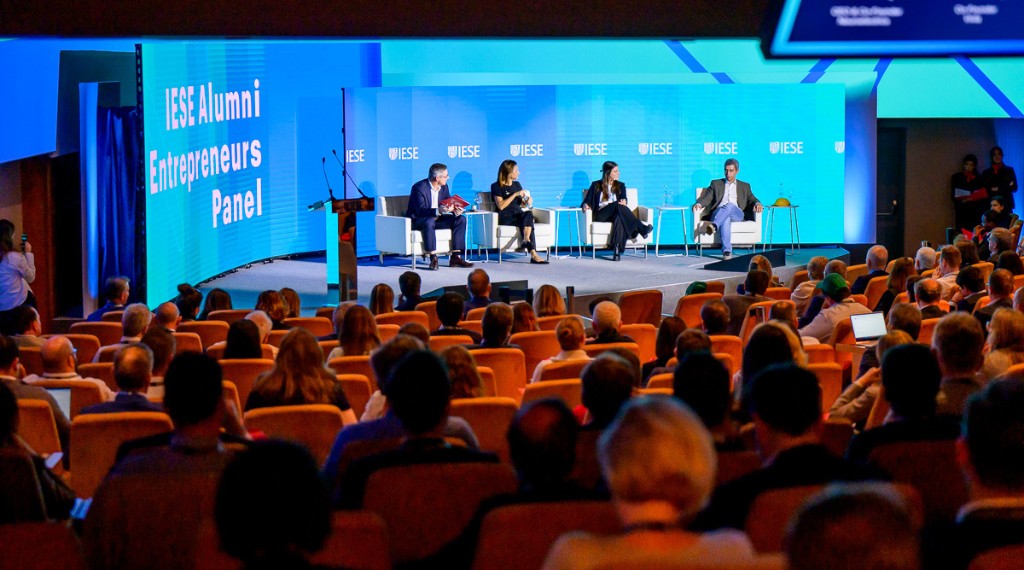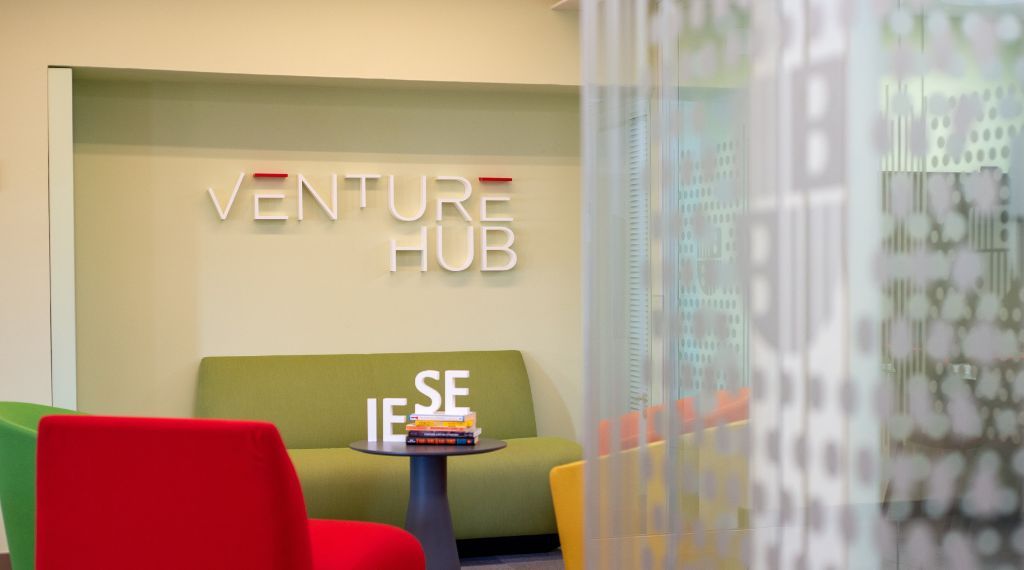Stories
IESE’s Finaves venture fund celebrates 20th anniversary
Two decades supporting startups and innovation in entrepreneurial ecosystem
The Finaves funds have raised €15 million to invest in startups since 2000.
December 1, 2020

IESE’s Finaves venture capital fund is celebrating its 20th anniversary, marking two decades of support for startups that are innovating in areas ranging from mobility and healthcare, to fashion and software.
Finaves was founded by Prof. Pedro Nueno, who has played a pivotal role in entrepreneurship at IESE. Nueno offered IESE’s first MBA class on entrepreneurship, Nuevas Aventuras Empresariales, so named in order to avoid using the term “entrepreneur,” which at the time was considered a less befitting option for an MBA than stable full-time employment in a well-established firm.
Financiando Nuevas Aventuras Empresariales, or Finaves, was a product of that entrepreneurial push. “I saw that after finishing their Master’s there were always some students who set up their own company, but it wasn’t easy to raise financing to launch their company,” Prof. Nueno said.
Since 2000, the Finaves funds have raised €15 million to invest in startups. Finaves has invested in more than 50 companies total, helping to create thousands of jobs. Each Finaves fund totals approximately €3 million; there have been five so far.
To celebrate the 20th anniversary, IESE brought five alumni entrepreneurs who received Finaves funding, together with Prof. Albert Fernández, who oversees Finaves, and Paula Sancho, its executive director. The entrepreneurs were: Timo Buetefisch (Cooltra), Rui Fernandes (BusUp), Oscar Macia (Forcemanager), Juan Manzanedo (Logisfashion) and Carlos Nueno (Advance Medical).
Six recommendations from five entrepreneurs
The entrepreneurs offered their advice and reflections on their journey through entrepreneurship:
Build a strong team.
The startup life can be difficult – especially in the early days – and it’s important to have like-minded people who you can share the triumphs and failures with. “Culture is very important,” said Carlos Nueno, noting that both he and his co-founder of Advance Medical are IESE MBAs. But while the ethos should be aligned, the skillset should be different – so that you have people with skills that complement your own.
Be ready to pivot.
Never stay married to your original idea. Once you start out, you have to be prepared to adjust your model until you find the right one. “Our ability to pivot until we found a service people were willing to pay for has been fundamental,” said Rui Fernandes, who founded BusUp together with two classmates from IESE’s Executive MBA program.
Find your differentiating factor.
Few startups are founded on earth-shattering ideas. Instead, they have an element — which can be technology or quality of service or something else — that sets them apart from their competitors. “You have to find your differentiating factor,” said Macia, founder of sales team software company Forcemanager. Cooltra started out by renting motorcycles to tourists, and has grown into a pioneer in scooter sharing in Europe. “And now we’re a technology company … in addition to a mobility company,” said Buetefisch.
Think global.
If creating a company from scratch is complex, creating a multinational company is daunting. Challenges range from understanding the local market in each place to competing against large and entrenched local players. Manzanedo’s Logisfashion operates in nine different countries across the world, including China and the U.S. Their challenge is creating a structure that guarantees the quality of service internationally in order to build a global brand. “I always use the example of MacDonald’s,” he said. “Wherever you go, you know what you’ll find.”
They all agreed that a global element is necessary. “From the first moment we envisioned the company as a global company,” said Macia.
Vet your investors.
Just as investors do due diligence on investments, companies should do due diligence on their potential investors. Accepting capital from investors who are far removed from your values and vision can have serious consequences. Investors in the end are not just a source of capital but are partners. “Look for investors who support your cause,” said Fernandes.
Take the entrepreneurial leap.
All of the entrepreneurs stressed that the startup journey, however bumpy, is worth it. “100% go for it,” said Buetefisch of entrepreneurship. “It’s a life choice and I have loved it.” That holds true even in this most difficult of times. “Even though we’re in the middle of an economic crisis, I think there are great opportunities in entrepreneurship,” said Anna Birulés, a former minister and president of Finaves V.


